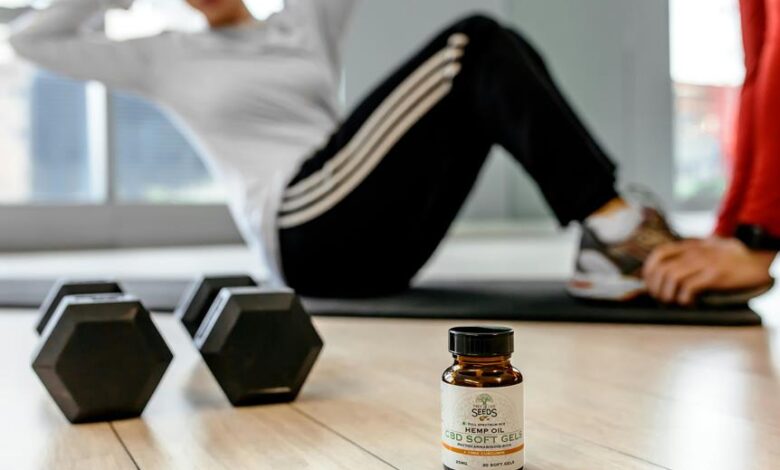Does CBD Relax Muscles?

The potential of CBD to relax muscles has garnered significant attention in both scientific literature and anecdotal reports. Its interaction with the endocannabinoid system suggests a mechanism by which it may alleviate muscle tension and discomfort. However, variability in individual responses raises questions about the consistency of these effects and the optimal dosing strategies. As more research emerges, understanding the nuances of CBD's role in muscle relaxation becomes increasingly important. What does the current evidence reveal about its effectiveness, and how might personal experiences influence perceptions of its benefits?
Understanding CBD and Its Properties
Cannabidiol (CBD), a non-psychoactive compound derived from the cannabis plant, has garnered significant attention for its potential therapeutic properties, particularly in promoting muscle relaxation and alleviating discomfort.
Research highlights CBD properties, such as its anti-inflammatory and analgesic effects, which contribute to its therapeutic benefits.
This makes CBD a compelling option for those seeking natural relief from muscle tension and associated discomfort.
How CBD Interacts With Muscles
Research indicates that CBD interacts with the endocannabinoid system, which plays a significant role in regulating muscle function and relaxation.
By modulating neurotransmitter release, CBD may help alleviate muscle tension, promoting a sense of ease and comfort.
These CBD benefits extend beyond mere relaxation, potentially enhancing overall muscle recovery and performance, thereby appealing to those seeking natural alternatives for muscle management and wellness.
Research on CBD for Muscle Relaxation
How effective is CBD in promoting muscle relaxation and recovery, as demonstrated by emerging studies that explore its potential therapeutic benefits?
Clinical studies indicate that CBD may reduce muscle tension and inflammation, supporting recovery.
However, precise dosage guidelines remain crucial for optimal effects, as individual responses can vary.
Continued research will enhance understanding of CBD's role in muscle relaxation and overall wellness.
User Experiences and Recommendations
Numerous users report that incorporating CBD into their wellness routines has significantly aided in muscle relaxation and recovery, highlighting a growing interest in its practical applications.
User testimonials and personal anecdotes frequently emphasize CBD's effectiveness in alleviating tension and promoting recovery post-exercise.
Many individuals suggest starting with low doses and adjusting based on personal experiences, fostering a tailored approach to individual wellness journeys.
Conclusion
In conclusion, the potential of CBD to relax muscles can be likened to a gentle breeze easing the tension of a taut string.
While emerging research indicates its effectiveness in alleviating muscle discomfort and promoting recovery, individual responses may vary significantly.
Continued exploration of CBD's interaction with the endocannabinoid system is essential to deepen understanding and optimize its use for muscle relaxation.
As evidence accumulates, CBD may represent a valuable tool for enhancing muscle health and overall well-being.
